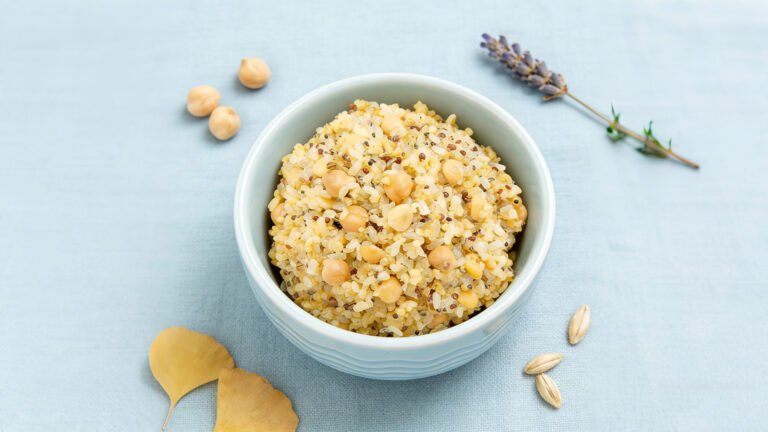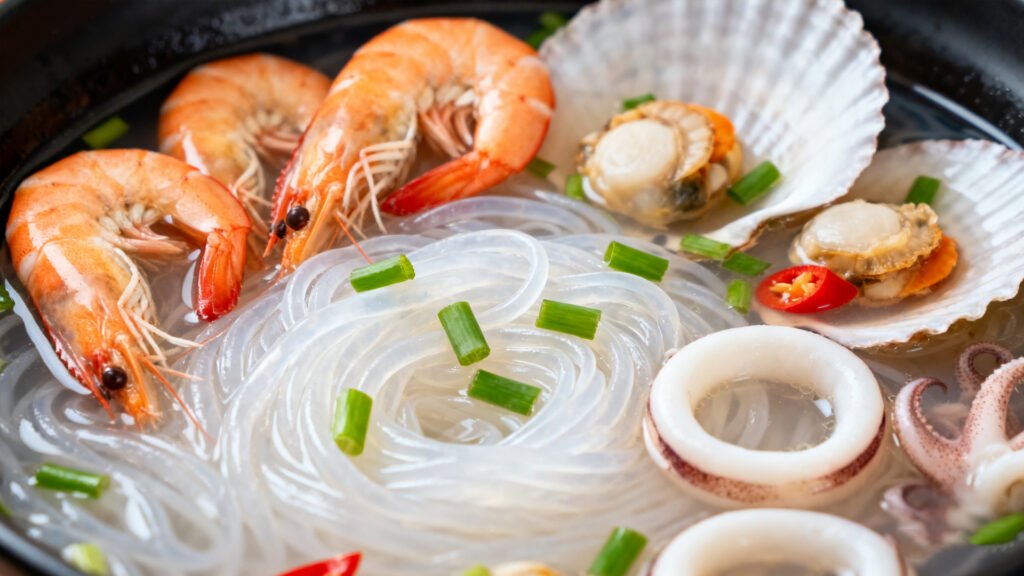
Contact Us through info@lovekonjac.com
As pasta lovers, we all understand the struggle of bidding farewell (or at least cutting back) on traditional noodles. They’re simply irresistible, especially on rainy or stressful days. There’s nothing quite as comforting as a steaming bowl of savory noodles.

However, the truth is that traditional noodles are a source of refined carbohydrates. One study showed that overconsumption of instant noodles causes an individual to be at risk for cardiometabolic disease.
[source: https://www.ncbi.nlm.nih.gov/pmc/articles/PMC5449380/]
But here’s the good news: You don’t have to give up noodles altogether. There is a keto-approved alternative that you can savor every single day of the week.
Ready to indulge in guilt-free noodle goodness? Let’s dig in!
Shirataki noodles, also called miracle noodles or konjac noodles, are zero calories noodles made from glucomannan, a fiber from the root of the konjac plant. The Konjac plant is common in Japan, China, and other parts of Southeast Asia.
Konjac noodles are mostly water. They are about 97% water and 3% glucomannan fiber. One of the significant advantages of shirataki noodles is their extremely low carbohydrate content, making them suitable for low-carb and low-calorie diets. With only 0.2 grams of carbs per 100 grams, shirataki noodles are an excellent option for those watching their carbohydrate intake.
Energy (kcal) | 8.4 |
Energy (kJ) | 35 |
Protein | 0 g |
Carbohydrate | 0.2 g |
Total Fat | 0 g |
Sodium | 2.8 mg |
Dietary Fibre | 3.9 g |
In Japanese, the word “shirataki” means “white waterfall”, which is how these water-bearing white noodles got their name.

Shirataki may sound fancy, but they’re simple to prepare!
Shirataki noodles come in various shapes, such as spaghetti, angel hair, fettuccine, rice, lasagne, knot, penne, udon, pearl rice, and more. These noodles can be conveniently purchased from many supermarket chains, eliminating the need to make them from scratch. Simply open a pack, rinse well under running water to remove any plant odor, and enjoy them with sauces, vegetables, or proteins like tofu, chicken breast, prawns, beef, and so on.

Shirataki noodles are made from glucomannan which is a dietary fiber that comes from the konjac plant. Study shows that it lowers glucose and triglyceride levels and promotes weight loss.
[source: https://pubmed.ncbi.nlm.nih.gov/30586587/]
Please note that it’s essential to consult with a healthcare professional or registered dietitian before making significant dietary changes or relying on specific foods for health purposes.